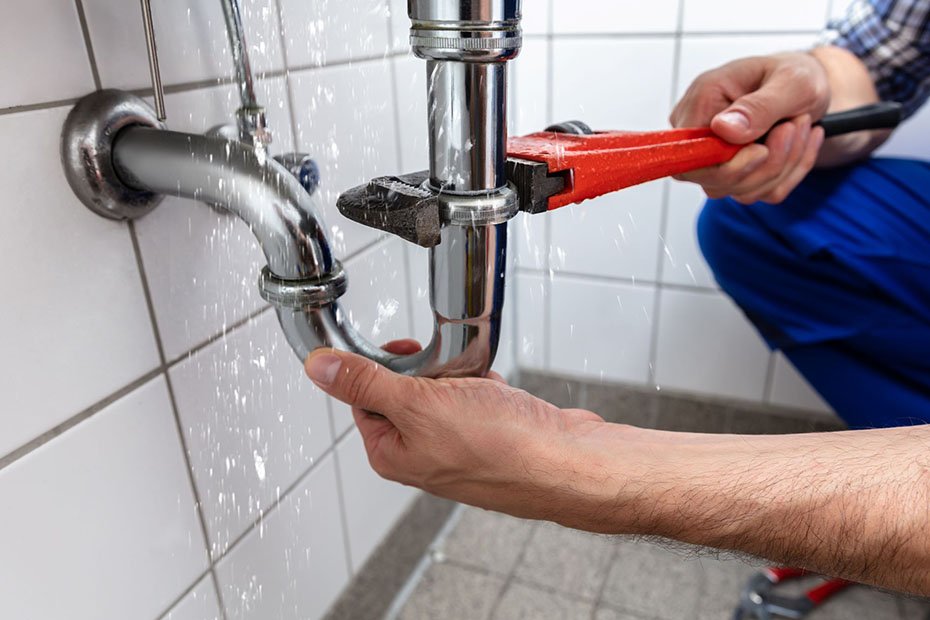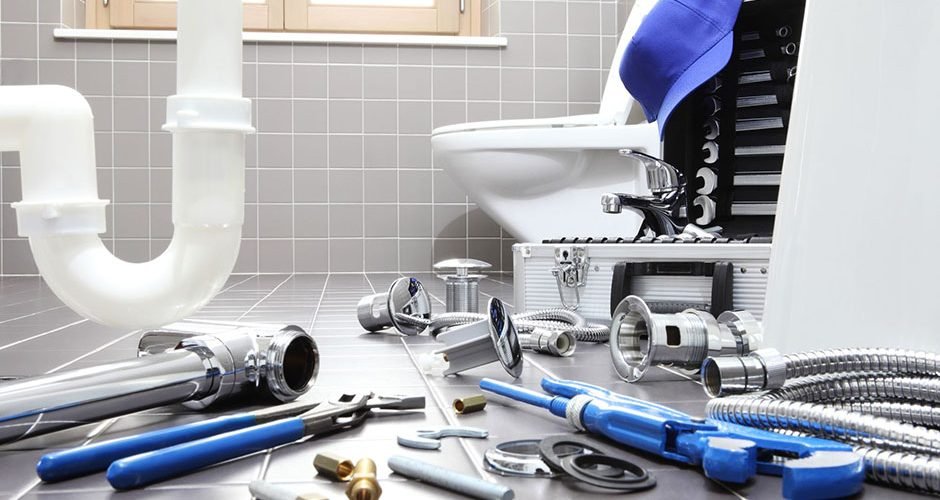Plumbing issues are among the most dreaded home maintenance problems, causing inconvenience, mess, and potentially costly repairs if not addressed promptly. Fortunately, some plumbing issues can be avoided with some knowledge and preventive measures. If you need a water heater repair in Colorado Springs, CO, or are experiencing any other plumbing problems, it is important to act quickly and seek professional assistance. By addressing these issues promptly, you can minimize the inconvenience and potential damage to your home.
In this article, we’ll share some practical tips to help you prevent common plumbing problems at home. By implementing these tips, you can save time, money, and headaches in the long run. Read on.
Table of Contents
Regular Maintenance
Your plumbing system needs regular check-ups and maintenance to ensure it runs efficiently; this is where professional plumbers come in. Companies like Dan’s Plumbing work hard to offer great service, ensuring your system remains in top condition.
Generally, it’s recommended that you do inspections every year or two, depending on the age and condition of your plumbing. Doing so can help you detect potential issues early and perform necessary repairs or upgrades. It’s also worth noting that regular professional maintenance is an investment in the longevity of your home’s plumbing.
Maintain Your Drains
Your drains’ condition is a critical aspect of overall plumbing care. Well-maintained drains are less likely to develop clogs or backups, which can lead to more severe plumbing issues. As such, it’s important to be mindful of what you allow to go down the drain.
To prevent blockages in your kitchen, it’s crucial to avoid pouring fats, oils, and grease down kitchen sinks, as these substances can solidify and obstruct the pipes. Instead, disposing of them in the trash is recommended. Meanwhile, keep hair and soap scum out of your shower drains as much as possible since both can build up over time and lead to clogs. You can use strainers to prevent these from flowing down your waste pipes.
While at it, ensure you use your toilet only for dissolvable waste products. Flushing non-dissolvable items like baby wipes, cotton balls, or feminine hygiene products can cause significant blockages.
Lastly, consider professionally cleaning your drains every so often, particularly if you’ve noticed recurring issues. A licensed plumber has specialized tools and expertise to thoroughly clean your drains and address any underlying problems. Combined with careful use, this expert service can prevent common plumbing problems associated with clogging.

Insulate Your Pipes
Insulating your pipes is another crucial tip that may help prevent plumbing problems, especially those in colder climates. When temperatures drop, the water inside unprotected pipes can freeze. And as water freezes, it expands, which can cause pipes to crack or even burst, leading to significant costly repairs.
Here’s how you can insulate your pipes to prevent such issues:
- Identify the pipes that need insulation: Pipes in unheated areas like basements, crawl spaces, garages, and attics are particularly susceptible to freezing. However, pipes running through cabinets or exterior walls can also get cold enough to freeze and should be insulated.
- Choose the right insulation: Pipe insulation comes in various forms, including foam sleeves, fiberglass wraps, and insulating tape. Foam pipe insulation sleeves are a popular choice because they’re easy to install and provide good insulation.
- Seal gaps and holes: Any gaps or holes where cold air can reach the pipes should be sealed. You can use caulk or spray foam for this purpose.
This preventive approach can help avoid freezing and the associated damage, saving you the headache and expense of dealing with burst pipes. It’s a straightforward task that can usually be completed on a weekend, but the peace of mind it provides is invaluable.
Invest In Quality Fixtures And Appliances
Lastly, investing in quality fixtures and appliances can be more cost-effective in the long run. It may help save you from frequent repairs and replacements. Moreover, high-quality plumbing fixtures are typically more durable and reliable, reducing the risk of leaks and malfunctions.
Consider the following tips:
- Go for quality fixtures such as faucets, showerheads, and other hardware.
- Prioritize efficiency when selecting appliances like washing machines and dishwashers.
- Purchase a high-quality water heater with the best possible capacity, recovery rate, and energy efficiency.
- Invest in high-quality toilets to reduce the risk of leaks and clogs.
However, it’s also good to note that professional installation is just as important as the quality of the fixtures and appliances. Even the best appliance or fixture can fail if not installed correctly. Therefore, hire an experienced plumber to complete the task.
Conclusion
While plumbing problems can be a hassle, taking preventive measures and having some basic knowledge can go a long way in avoiding them. However, if you’re unsure how to handle a plumbing issue, it’s always a good idea to seek the help of a professional plumber. With their expertise and specialized tools, they can tackle any plumbing problem, no matter the size.
By staying vigilant and maintaining your plumbing system regularly, you can ensure that your home remains safe, dry, and comfortable.





